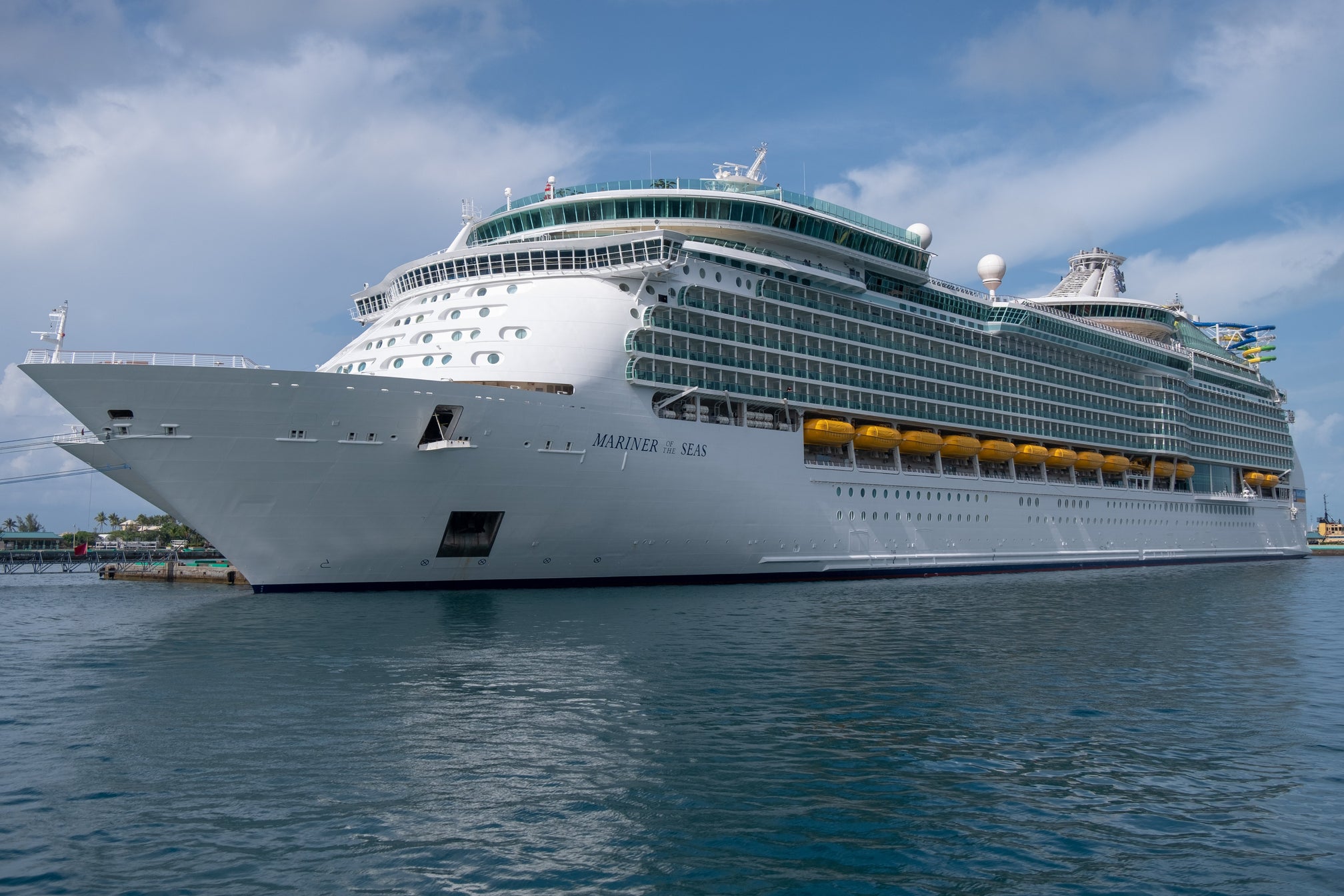
CDC Report: Hot Tubs Cause Legionnaires’ Outbreak on Cruise Ships
October, 2024
Being exposed to unhealthy recreational water can come in the most unexpected of places - including on luxury cruise ships. According to a recent report by the CDC, a dozen cruise ship passengers fell ill to Legionnaires’ disease on two ships between November 2022 and July 2024. In total, 10 guests were hospitalized, with all cases traced back by the CDC to hot tubs on the ships.
The CDC report spotlights the dangers of hot tubs — a sought after amenity by passengers that are the ideal breeding ground for the disease, a severe form of pneumonia.
Private hot tubs are not required to be cleaned and sanitized as frequently as public recreational bodies of water on cruise ships, creating an opportunity for Legionella bacteria to grow to infectious levels. The cruise ship outbreaks have caused the biggest CDC investigation since 2008.
According to the CDC, the hot tubs “were found to be operating for months in a manner conducive to Legionella growth, which included maintaining a water temperature in the Legionella growth range (between 77 - 113 degrees Fahrenheit) for multiple days without draining and operating with no residual disinfectant,” the CDC says.
Even though the cruise lines claim they adhered to current CDC requirements for operating and maintaining private hot tubs — they must only be shock-chlorinated, drained, and refilled weekly or between occupancies — the measures taken did not prevent bacteria growth.
This isn’t surprising when even a few bathers in a hot tub can quickly consume all the free chlorine, and without close monitoring of the chemical levels can leave the water dangerously unsanitized for future bathers. This is the cruel deception of pool and hot tub water whose clarity often masks unhealthy conditions.
Due to the outbreaks, the recommended maintenance regimen for hot tubs is being revisited by the CDC and likely will be altered. The CDC concluded there’s a need for more in-depth assessments on private hot tubs, and advises “cruise ship operators to inventory hot tub-style devices across their fleets, evaluate the design features that increase the risk for Legionella growth and transmission, and test for Legionella.”
Fortunately, while no fatalities were reported due to the outbreaks, there are dozens of cases annually where hotel guests even in premium priced hotels are subjected to legionnaire’s disease, with some fatalities resulting every year. Most often, these deadly matters are negotiated out of court to protect the hotel’s reputation, but leaving travelers unaware of the lurking dangers.
Conclusion:
The CDC study underscores the need to continually monitor pool and hot tub water, a relatively inexpensive proposition using state-of-the-art technology from WaterGuru where its SENSE water monitoring solution provides daily or more frequent analysis of water health conditions. For $11/month, hundreds of hotels and vacation rental properties today provide property managers with a daily pool health analysis ensuring that swimmer health issues, as experienced on the two cruise ships and at Brittain Properties resorts in Myrtle Beach, SC, never happens. For Brittain Properties the incident culminated in a paid $26M legal settlement in February 2024, an avoidable situation had daily automated (non-manual) pool-health monitoring with auto-logging been added to its pool management practices.
Recommendation: Trust but Verify
Property managers need their own pool-health dashboard, tracking pool health daily and historically, to verify that staff or contracted service personnel are adequately caring for a highly valued amenity that can quickly become an expensive liability.

Subscribe to WaterGuru’s Pool-AI newsletter
for news on smarter pool management.
